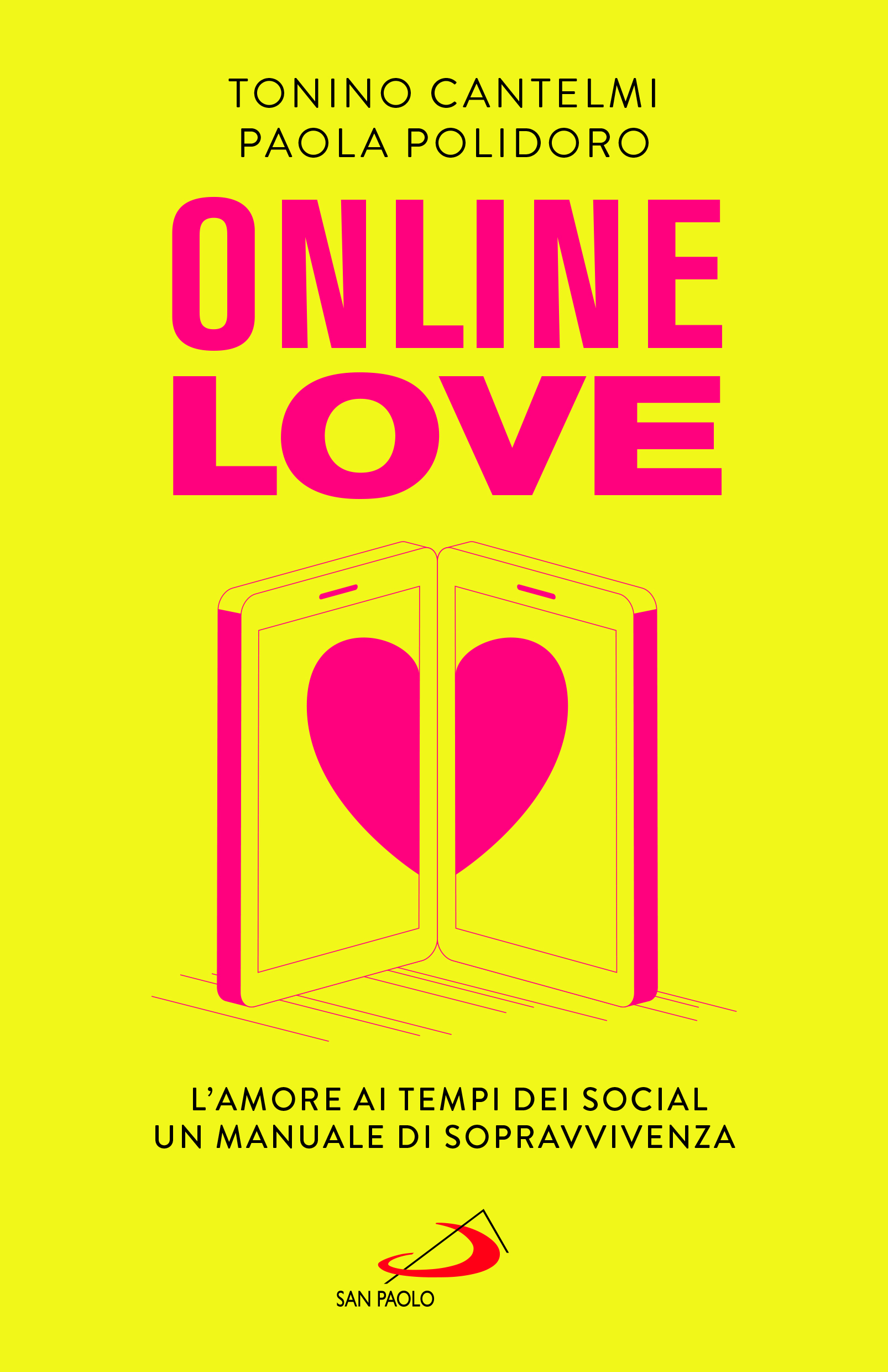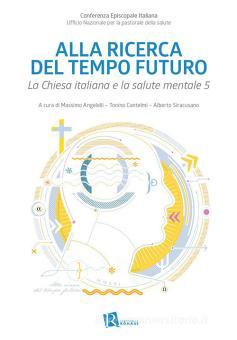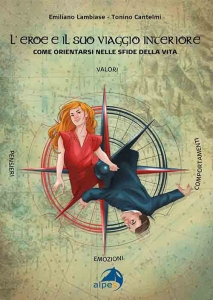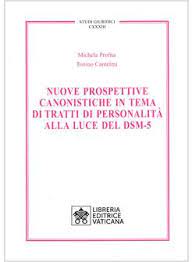
Tonino Cantelmi, professor of psychiatry at the Pontifical Gregorian University and president of the Italian Association of Catholic Psychiatrists and Psychologists, said advanced neuro-imaging tests such as the PET scan demonstrate that a specific part of the brain shows activity during what could be described as ecstatic experiences

 Father Rene Laurentin at today's press conference. The dictionary lists more than 2,400 claims of people who over the centuries have claimed to have seen Mary. (CNS/Paul Haring)
Father Rene Laurentin at today's press conference. The dictionary lists more than 2,400 claims of people who over the centuries have claimed to have seen Mary. (CNS/Paul Haring)
|
By Sarah Delaney
Catholic News Service
VATICAN CITY (CNS) -- A newly expanded compendium of visions of the Virgin Mary shows how the very idea of such apparitions has been met with skepticism and preoccupation within the church, from early Christian times to the present.
Experts in Mariology presented the Italian edition of the Dictionary of "Apparitions" of the Virgin Mary, translated from the original 2007 French publication with the addition of some 150 new entries, at a news conference near St. Peter's Square Dec. 13.
The 1,600-page volume lists more than 2,400 claims of people who over the centuries alleged to have seen Mary, as well as the consequences of such announcements. Only 15 of these have been officially recognized by the church, a confirmation of the caution with which the reports have historically been received.
French Father Rene Laurentin, a co-author of the book, acknowledged the diffidence regarding such claims.
"The apparitions are not seen with the most benign eye by the church," he said, citing the difficult histories of even the most popular and accepted visions. "Apparitions are the least scientifically studied, the most hidden and most controversial of all theological subjects."
Father Laurentin, an expert on the sanctuary at Lourdes, France, and other shrines inspired by Marian apparitions, said in the introduction to the book that he had been working for more than 50 years on the catalog at the request of bishops and the Congregation for the Doctrine of the Faith. The goal, he said, was "to put to rest the many misunderstandings and confusion" surrounding visionary claims.
But new diagnostic techniques and modern psychology can help at least in eliminating the claims of people suffering from hallucinations or other pathologies, the experts said at the presentation.
Dr. Tonino Cantelmi, professor of psychiatry at the Pontifical Gregorian University and president of the Italian Association of Catholic Psychiatrists and Psychologists, said advanced neuro-imaging tests such as the PET scan demonstrate that a specific part of the brain shows activity during what could be described as ecstatic experiences.
In the past, Cantelmi said, psychologists and psychiatrists tended to believe that all such alleged experiences were psychological in origin. Researchers are now saying, he said, "that there may be something that is not psychologically explainable." ...
[...]
Leggi l'articolo completo
Fonte:
Catholic News Service


 Father Rene Laurentin at today's press conference. The dictionary lists more than 2,400 claims of people who over the centuries have claimed to have seen Mary. (CNS/Paul Haring)
Father Rene Laurentin at today's press conference. The dictionary lists more than 2,400 claims of people who over the centuries have claimed to have seen Mary. (CNS/Paul Haring)









